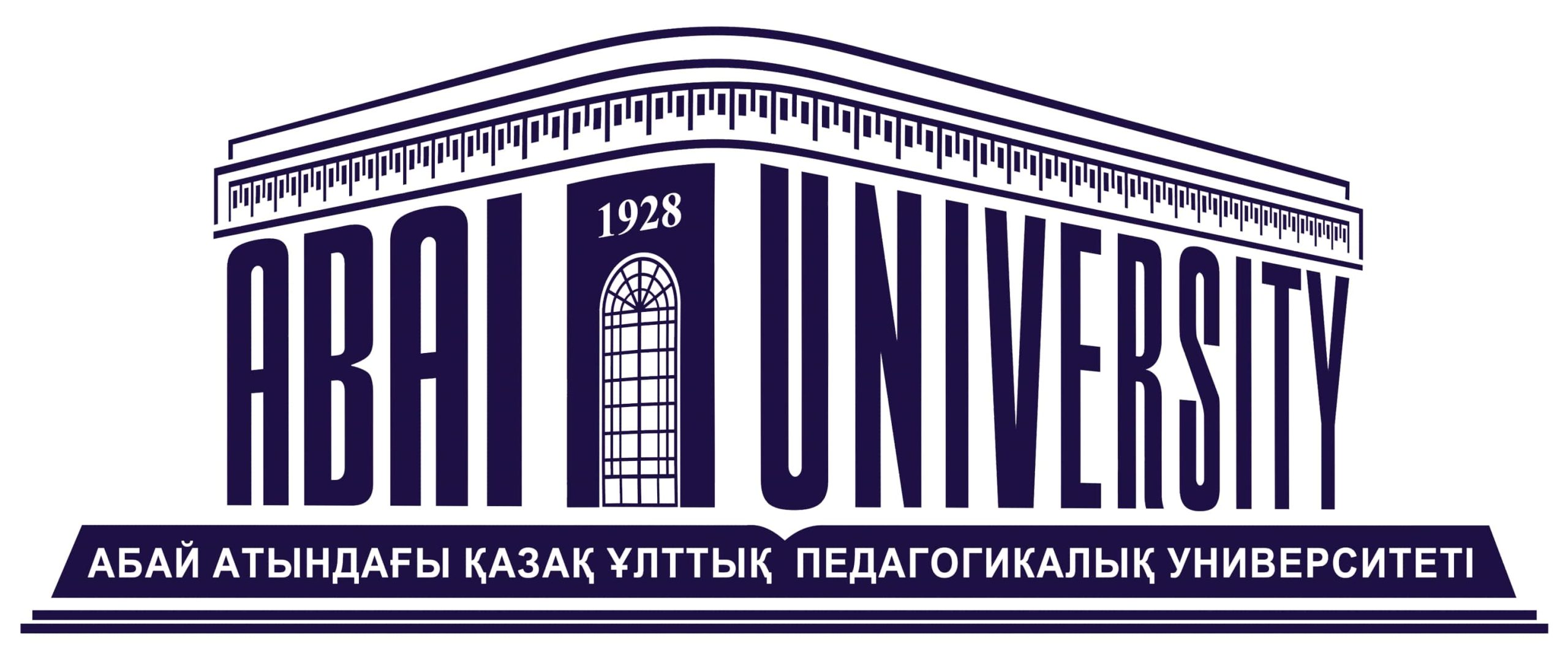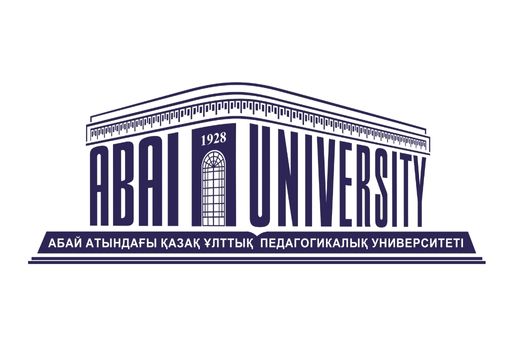[:ru] Период реализации проекта: 01.07.2024-31.12.2026
Актуальность проекта: Основная идея заключается в том, что для моделирования процессов, описываемых гиперболическими уравнениями, учитывать влияния памяти. То есть, ввести в рассмотрение не только текущее состояние процесса, но и его предыдущие состояния так называемое память. Далее такая задача изучается на корректность. Разрабатывается вычислительная модель для её численного решения.
Цель проекта: Создать новый численный метод, который учтет не только текущее состояние процесса, но и его историю, что поможет нам получить более точные и надежные результаты при решении смешанной задачи для гиперболического уравнения с памятью в виде дробного дифференцирования Капуто
Задачи проекта: Для достижения поставленной цели проекта необходимо решить следующие важные задачи, которые взаимосвязаны и образуют цельный план исследования:
1) Провести обширный анализ существующих работ и исследований, связанных с постановкой и исследованием смешанной задачи для гиперболического уравнения с памятью в виде дробного дифференцирования в смысле Капуто. Это обеспечит нам понимание текущего состояния области и поможет определить нашу уникальную вкладку в проекте.
2) Создание численного метода для решения смешанной задачи гиперболического уравнения с памятью в виде дробного дифференцирования в смысле Капуто. Разработка устойчивой разностной схемы, учитывающей память.
3) Формулировка понятия устойчивости численного решения разностной схемы, учитывая память системы. Это задача, требующая специфических рассмотрений и анализа влияния памяти на устойчивость численных результатов.
4) Сформулировать и доказать теорему об устойчивости и сходимости численного решения разностной задачи с учетом памяти. Этот этап представляет собой самый сложный участок проекта и требует глубокого математического анализа.
5) Наконец, проведение практических вычислительных экспериментов, используя разработанный численный метод и проверка его на реальных данных. Это поможет демонстрировать применимость и эффективность разработанных методов. Этот план проекта представляет собой систематический и целенаправленный подход к достижению поставленной цели, включая как теоретические исследования, так и практические вычисления.
Состав исследовательской группы:
1) Абдираманов Жанарс Алда-онгарович – PhD, руководитель проекта, ведущий научный сотрудник, Scopus Author ID: 57219802387; ORCID: 0000-0003-3820-7253
2) Бердышев Абдумаувлен Сулейманович – д.ф.-м.н., профессор, научный консультант, главный научный сотрудник, Scopus Author ID: 8916505200; ORCID: 0000-0002-1228-8246
Результаты // Ожидаемые результаты Согласно требованиям конкурсной документации, будут опубликованы не менее 2 (двух) статей в журналах из первых трех квартилей по импакт-фактору в базе данных Web of Science или имеющих процентиль по CiteScore в базе данных Scopus не менее 50.[:en] Period of project implementation: 01.07.2024-31.12.2026
Project relevance: The main idea is that to model processes described by hyperbolic equations, take into account the influence of memory. That is, to introduce into consideration not only the current state of the process, but also its previous states, the so-called memory. Next, such a problem is studied for correctness. A computational model for its numerical solution is being developed.
Project purpose: To create a new numerical method that takes into account not only the current state of the process, but also its history, which will help us obtain more accurate and reliable results when solving a mixed problem for a hyperbolic equation with fractional differentiation Caputo memory.
Project objectives: To achieve the project goal, it is necessary to solve the following important tasks, which are interconnected and form an integral research plan:
1) Conduct an extensive analysis of existing works and research related to the formulation and study of a mixed problem for a hyperbolic equation with memory in the form of fractional differentiation in the sense of Caputo. This will provide us with an understanding of the current state of the field and help us identify our unique contribution to the project.
2) Creation of a numerical method for solving a mixed problem of a hyperbolic equation with memory in the form of fractional differentiation in the sense of Caputo. Development of a robust memory-aware difference scheme.
3) Formulation of the concept of stability of a numerical solution of a difference scheme, taking into account the memory of the system. This is a task that requires specific considerations and analysis of the influence of memory on the stability of numerical results.
4) Formulate and prove a theorem on the stability and convergence of a numerical solution to a difference problem taking into account memory. This stage represents the most difficult part of the project and requires in-depth mathematical analysis.
5) Finally, conducting practical computational experiments using the developed numerical method and testing it on real data. This will help demonstrate the applicability and effectiveness of the developed methods. This project plan represents a systematic and focused approach to achieving a given goal, including both theoretical research and practical calculations.
Research group composition:
1) Abdiramanov Zhanars Alda-ongarovich – PhD, project manager, chief researcher, Scopus Author ID: 57219802387; ORCID: 0000-0003-3820-7253
2) Berdyshev Abdumauvlen Suleimanovich – d.phy-math sci., professor, scientific consultant, leading researcher, Scopus Author ID: 8916505200; ORCID: 0000-0002-1228-8246
Results // Expected results According to the requirements of the competition documentation, at least 2 (two) articles will be published in journals from the first three quartiles by impact factor in the Web of Science database or having a CiteScore percentile in the Scopus database of at least 50.
[:kk] Жоба орындалу мерзімі: 01.07.2024-31.12.2026
Жоба өзектілігі: Негізгі идея гиперболалық теңдеулермен сипатталған процестерді модельдеу үшін жадының әсерін ескеру. Яғни, процестің тек қазіргі күйін ғана емес, сонымен бірге оның бұрынғы күйлерін, жады деп аталатын күйлерін де ескеру. Келесі кезекте мұндай мәселе дұрыстығы үшін зерттеледі. Оның сандық шешімі үшін есептеу моделі әзірленуде.
Жоба мақсаты: Біздің мақсатымыз — процестің ағымдағы күйін ғана емес, сонымен қатар оның тарихын да есепке алу кезінде, дәлірек және сенімді нәтижелерге қол жеткізу үшін Капуто мағынасында бөлшек дифференциалдау формалы жады бар гиперболалық теңдеу үшін аралас есепті жаңа сандық әдісті құру
Жоба міндеттері: Жобаның мақсатына жету үшін өзара байланысты және интегралды зерттеу жоспарын құрайтын келесі маңызды міндеттерді шешу қажет:
1) Капуто мағынасында бөлшек дифференциалдау түріндегі жады бар гиперболалық теңдеу үшін аралас есепті құрастыру және зерттеуге байланысты бар жұмыстар мен зерттеулерге кеңінен талдау жасау. Бұл бізге кен орнының қазіргі жағдайын түсінуге мүмкіндік береді және жобаға қосқан бірегей үлесімізді анықтауға көмектеседі.
2) Капуто мағынасында бөлшек дифференциалдау түріндегі жады бар гиперболалық теңдеудің аралас есебін шешудің сандық әдісін құру. Күшті жадты білетін айырмашылық схемасын әзірлеу.
3) Жүйенің жадысын ескере отырып, айырымдық сұлбаның сандық шешімінің орнықтылық түсінігін тұжырымдау. Бұл сандық нәтижелердің тұрақтылығына жадтың әсерін нақты қарастыруды және талдауды қажет ететін тапсырма.
4) Есте сақтауды ескере отырып, айырымдық есептің сандық шешімінің тұрақтылығы мен жинақтылығы туралы теореманы тұжырымдаңыз және дәлелдеңіз. Бұл кезең жобаның ең қиын бөлігін білдіреді және терең математикалық талдауды қажет етеді.
5) Соңында әзірленген сандық әдісті қолдана отырып, практикалық есептеу эксперименттерін жүргізу және оны нақты деректерде сынау. Бұл әзірленген әдістердің қолданылуы мен тиімділігін көрсетуге көмектеседі. Бұл жобаның жоспары теориялық зерттеулерді де, практикалық есептеулерді де қамтитын берілген мақсатқа жетудің жүйелі және бағытталған тәсілін білдіреді.
Зерттеу тобының құрамы:
1) Абдираманов Жанарс Алда-онгарович – PhD, жоба жетекшісі, бас ғылыми қызметкер, Scopus Author ID: 57219802387; ORCID: 0000-0003-3820-7253
2) Бердышев Абдумаувлен Сулейманович – ф.-м.ғ.д., профессор, ғылыми кеңесші, бас ғылыми қызметкер, Scopus Author ID: 8916505200; ORCID: 0000-0002-1228-8246
Нәтижелер // Күтілетін нәтижелер Байқау құжаттамасының талаптарына сәйкес Web of Science деректер базасында импакт-фактор бойынша алғашқы үш квартильден немесе Scopus деректер базасында кемінде 50 CiteScore процентильге ие кемінде 2 (екі) мақала журналдарда жарияланады.[:]






